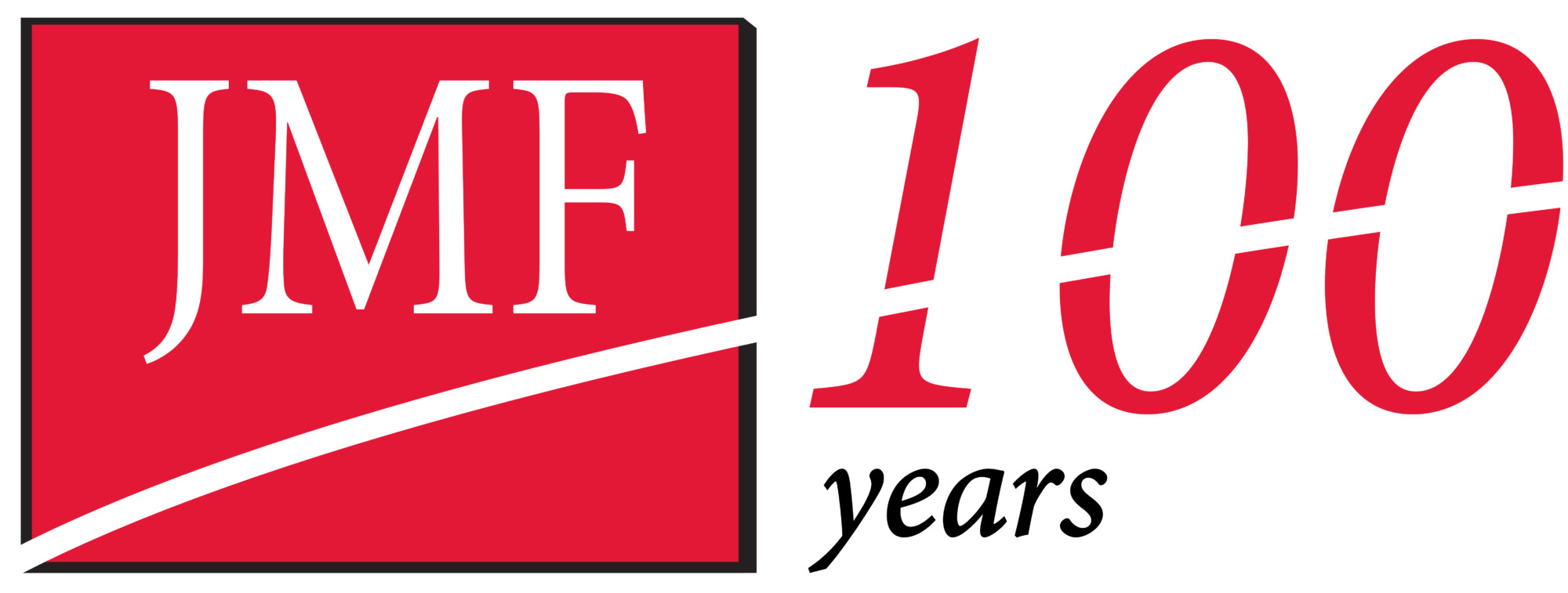This blog post is probably more timely if it were 2009, given the recent positive news on the job front, but it some ways, this question is timeless.
If you lose your job, there are multiple considerations that you have to address almost immediately. Quick action can save you considerable money and headaches.
First off, cash is now king. A lot of folks may have a 3-month rainy day fund, but 42.6% of the unemployed are termed “long-term unemployed” or jobless for more than 27 weeks. Can your rainy day fund last that long? Several options exist including refinancing a home or taking out a home equity line of credit. There are other options like taking a qualified distribution from a 401(k) or other qualified retirement plan. HOWEVER, if you have borrowed from your now former company’s plan’s account, however, the outstanding balance may have to be repaid upon leaving employment.
Secondly, setting up health insurance either by switching to your spouse’s insurance, setting up COBRA, or buying a private policy is paramount. And most people are unaware of how costly health insurance really is because it is most often heavily subsidized by your employer. Now, the entire burden is yours to bare. That will eat into your cash reserves much quicker than you anticipated.
In fact, many experts are now suggesting that you have an emergency fund of nine months to a year.
“A lot of experts now recommend that everyone keep nine months to one year of income in an emergency account in case of job loss,” says Gail Cunningham, spokeswoman for the National Foundation for Credit Counseling in Washington, D.C. “People are often out of work now for as long as nine months, and if they don’t have savings, they live on credit. So when they replace their job, they are behind because now they have debt to repay.”
And don’t forget about health and flex spending accounts, company restricted stock and stock options, deferred compensation plans, and pension plans. They were likely no brainers when you signed up but most often no one is reminding you of your options in tough times. For more advice on those trickier (and less common) instances, it is important to seek advice from a professional.






Here’s a good video on job related expenses that are allowable expenses from Forbes:
http://video.forbes.com/fvn/money-for-life/taxgirl-tax-breaks-for-job-hunters